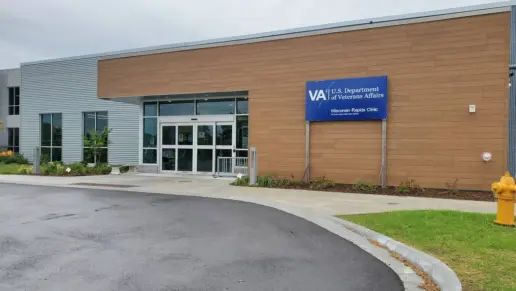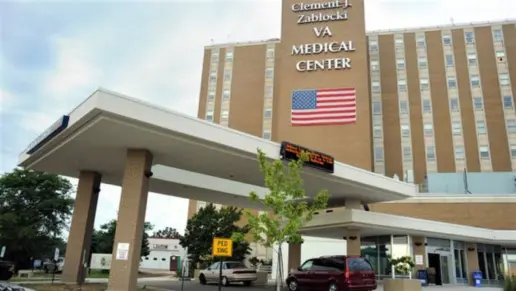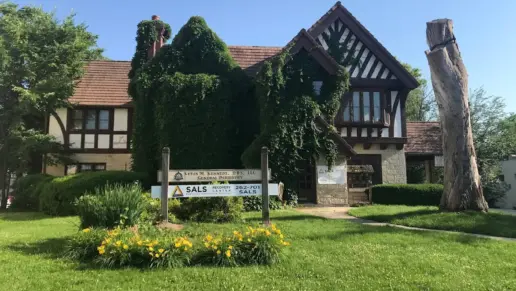Counselors are incredible people. I love the way they put so much passion for their work and willingness to help. My life made a 180-degree turn!
About Waukesha Comprehensive Treatment Center
Waukesha Comprehensive Treatment Center is a recovery center located in Waukesha, Wisconsin that specializes in helping individuals overcome opioid and prescription medication addiction. Waukesha Comprehensive Treatment Center (CTC) provides a holistic approach that not only focuses on the physical parts of addiction but the emotional ones as well. While the main offering of Waukesha CTC is medication-assisted treatment (MAT) with the help of a medical team. The team at this facility also focuses on supporting those with mental health and behavioral disorders to reach their recovery goals.
Waukesha Comprehensive Treatment Center doesn’t just provide MAT options but a detox program as well. However, all of the services Waukesha CTC currently offers are outpatient. Some of the medically assisted maintenance services they provide include Methadone, Suboxone, and Vivitrol. As far as the mental health services provided by this facility, those seeking help with recovery can find group therapy and individual therapy as well as family therapy.
But Waukesha Comprehensive Treatment Center doesn’t offer a one size fits all treatment plan for everyone who walks through their doors. The biggest impact that this treatment center offers those struggling with addiction is a personalized treatment plan for every single person. This treatment plan includes the types of medications prescribed and what topics are discussed during therapy sessions as well as the types of therapy sessions attended. The entire team at Waukesha Comprehensive Treatment Center is made up of people who are passionate about empowering those seeking to start their journey to recovery. Waukesha CTC is currently publicly funded but they do accept Medicaid and Medicare as well as Tricare and self pay options.
Latest Reviews
Rehab Score
Gallery
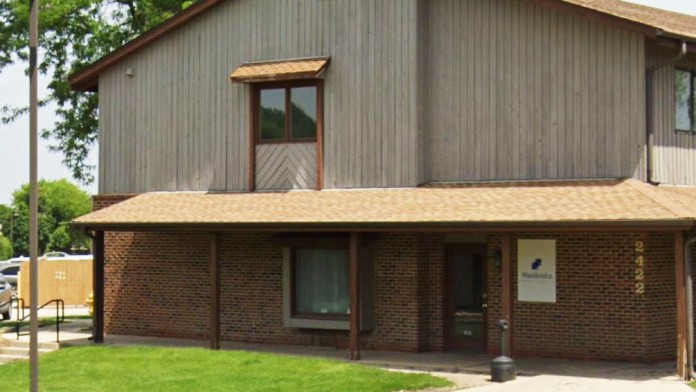
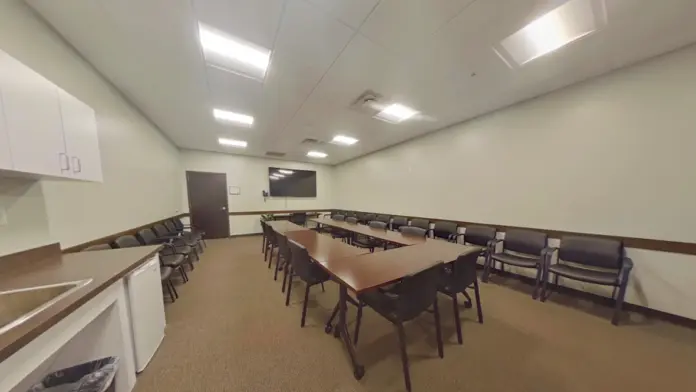
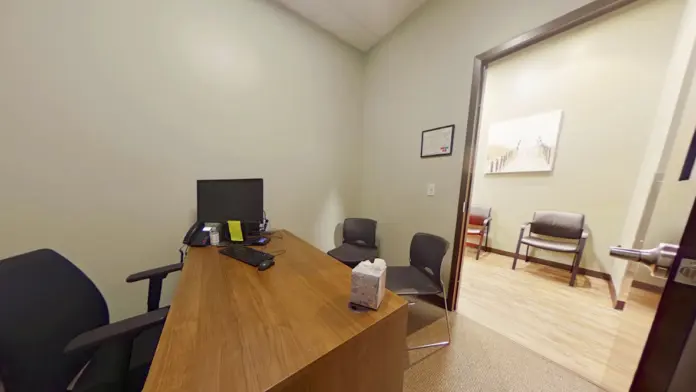
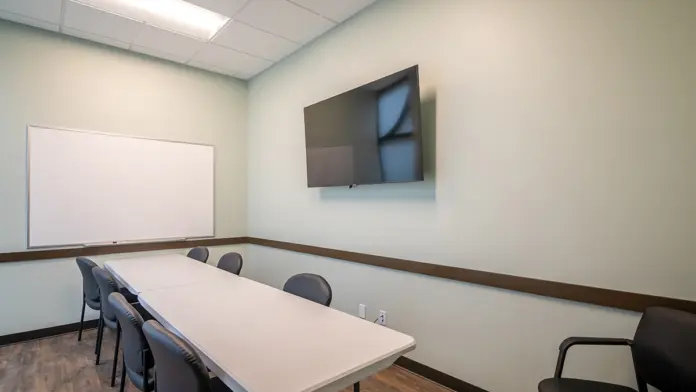
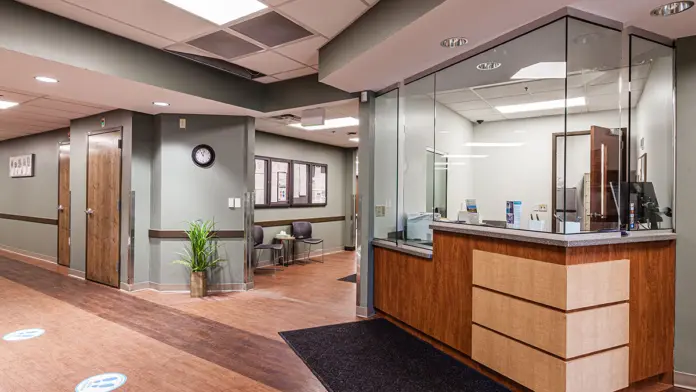
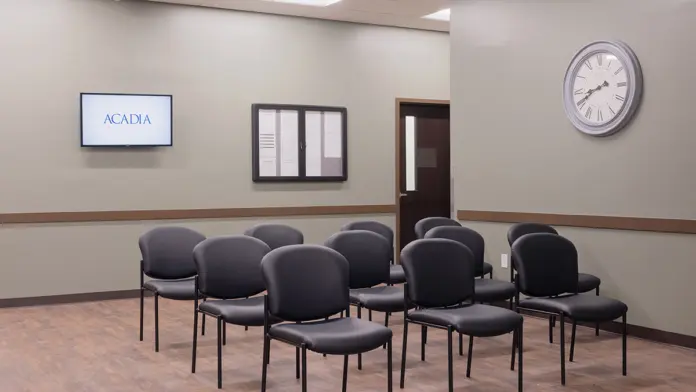
Location
Other Forms of Payment
Private insurance refers to any kind of healthcare coverage that isn't from the state or federal government. This includes individual and family plans offered by an employer or purchased from the Insurance Marketplace. Every plan will have different requirements and out of pocket costs so be sure to get the full details before you start treatment.
Self-pay involves paying for treatment out of your own pocket. You can use savings or credit, get a personal loan, or receive help from family and friends to fund your treatment. If you don't have insurance or your insurance plan doesn't cover a specific program, self-pay can help ensure you still get the care you need.
Financial aid can take many forms. Centers may have grants or scholarships available to clients who meet eligibility requirements. Programs that receive SAMHSA grants may have financial aid available for those who need treatment as well. Grants and scholarships can help you pai for treatment without having to repay.
Medicare is a federal program that provides health insurance for those 65 and older. It also serves people under 65 with chronic and disabling health challenges. To use Medicare for addiction treatment you need to find a program that accepts Medicare and is in network with your plan. Out of pocket costs and preauthorization requirements vary, so always check with your provider.
Medicaid is a state based program that helps lower-income individuals and families pay for healthcare. Medicaid covers addiction treatment so those enrolled can use their coverage to pay for rehab. When a program accepts Medicaid the client often pays very little or nothing out of their own pocket.
Military members, veterans, and eligible dependents have access to specific insurance programs that help them get the care they need. TRICARE and VA insurance can help you access low cost or no cost addiction and mental health treatment. Programs that accept military insurance often have targeted treatment focused on the unique challenges military members, veterans, and their families face.
Addiction Treatments
Levels of Care
Treatments
The goal of treatment for alcoholism is abstinence. Those with poor social support, poor motivation, or psychiatric disorders tend to relapse within a few years of treatment. For these people, success is measured by longer periods of abstinence, reduced use of alcohol, better health, and improved social functioning. Recovery and Maintenance are usually based on 12 step programs and AA meetings.
The goal of drug rehab in Wisconsin is to address drug addiction as a complex issue that involves physical, mental, and relational aspects. During rehab, treatment focuses on each of these areas and gives you the tools you need to achieve and maintain sobriety.
A combined mental health and substance abuse rehab has the staff and resources available to handle individuals with both mental health and substance abuse issues. It can be challenging to determine where a specific symptom stems from (a mental health issue or an issue related to substance abuse), so mental health and substance abuse professionals are helpful in detangling symptoms and keeping treatment on track.
Opioid rehabs specialize in supporting those recovering from opioid addiction. They treat those suffering from addiction to illegal opioids like heroin, as well as prescription drugs like oxycodone. These centers typically combine both physical as well as mental and emotional support to help stop addiction. Physical support often includes medical detox and subsequent medical support (including medication), and mental support includes in-depth therapy to address the underlying causes of addiction.
Programs




Clinical Services
Cognitive Behavioral Therapy (CBT) is a therapy modality that focuses on the relationship between one's thoughts, feelings, and behaviors. It is used to establish and allow for healthy responses to thoughts and feelings (instead of unhealthy responses, like using drugs or alcohol). CBT has been proven effective for recovering addicts of all kinds, and is used to strengthen a patient's own self-awareness and ability to self-regulate. CBT allows individuals to monitor their own emotional state, become more adept at communicating with others, and manage stress without needing to engage in substance abuse.
Dialectical Behavior Therapy (DBT) is a modified form of Cognitive Behavioral Therapy (CBT), a treatment designed to help people understand and ultimately affect the relationship between their thoughts, feelings, and behaviors. DBT is often used for individuals who struggle with self-harm behaviors, such as self-mutilation (cutting) and suicidal thoughts, urges, or attempts. It has been proven clinically effective for those who struggle with out-of-control emotions and mental health illnesses like Borderline Personality Disorder.
The experience of group therapy includes the participation of numerous patients. In most cases, group therapy sessions will be led by one counselor, however, in the event that there is a larger group of individuals participating, more counselors might be involved. Like individual therapy, group therapy works to help individuals acknowledge and process the behavioral and emotional effects that have added to their opioid addiction. It is highly uncommon for an addiction to develop for no reason, as issues like stress, societal pressure, history of trauma, mood disorders, low self-esteem, etc. often serve as underlying causes of addiction. Group therapy offers up an environment where individuals can feel comfortable discussing issues such as these, as well as other topics related to recovery. Group therapy is often effective because of the talent of the therapist, as well as the participation of the individuals.
Individual therapy is a method of care that includes working with a counselor in a one-on-one setting. This type of therapy helps patients begin recovering from an addiction to opioids like heroin, prescription pain pills, or morphine. Some of the benefits of individual therapy can include developing new perspectives regarding the potential underlying causes of addiction, addressing past issues (such as trauma) that have added to an opioid addiction and creating healthy coping skills, among others.
Motivational Interviewing (MI) is a clinical approach to helping people with substance abuse issues and other conditions shift behavior in positive ways. It is more goal-oriented than traditional psychotherapy, as MI counselors directly attempt to get clients to consider making behavioral change (rather than wait for them to come to conclusions themselves). Its primary purpose is to resolve ambivalence and help clients become able to make healthy choices freely.
Trauma therapy addresses traumatic incidents from a client's past that are likely affecting their present-day experience. Trauma is often one of the primary triggers and potential causes of addiction, and can stem from child sexual abuse, domestic violence, having a parent with a mental illness, losing one or both parents at a young age, teenage or adult sexual assault, or any number of other factors. The purpose of trauma therapy is to allow a patient to process trauma and move through and past it, with the help of trained and compassionate mental health professionals.
During couples therapy, you will engage in activities that promote forgiveness, healthy communication, and understanding. You'll receive "homework" to practice these skills during the week between sessions. Couples therapy typically lasts around 12 weeks.
One focus of family therapy is to create a network for the individual in recovery. Families must identify dysfunctional patterns and develop healthier ways of interacting. This can significantly improve their loved one's treatment outcome.
Life skills trainings involve all the skills a person must have in order to function successfully in the world. These include time management, career guidance, money management, and effective communication. Truly successful addiction recovery is based on the ability to not only live substance-free, but to thrive. Life skills teaches the practical necessities of functioning in society, which sets clients up for success in life, and therefore sobriety.
Amenities
-
Private Transportation
-
Private Rooms
Accreditations

State Licenses are permits issued by government agencies that allow rehab organizations to conduct business legally within a certain geographical area. Typically, the kind of program a rehab facility offers, along with its physical location, determines which licenses are required to operate legally.
State License: Wisconsin
Contact Information
2422 N Grandview Bloulevard
Waukesha, WI 53188
